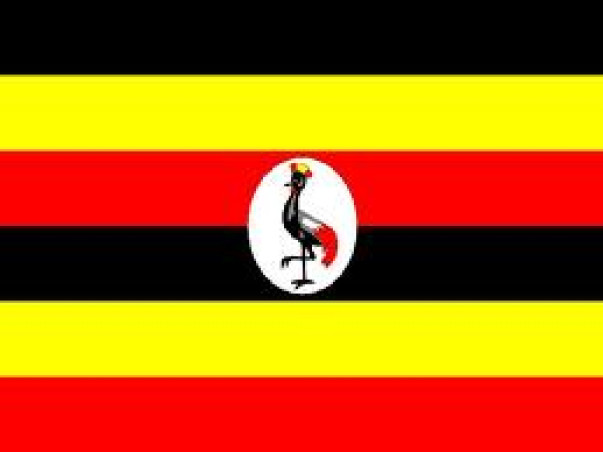UGANDA : BoU working on policy to reduce cash payments

Bank of Uganda plans to submit to the Ministry of Finance a National Payments Policy to regulate digital payments.
Speaking during the launch of a partnership between MTN, Mastercard and United Bank for Africa, Mr Mackay Aumo, the Central Bank National Payments Systems director, said the National Payments policy was being fast tracked to enable efficient regulation of the domain.
“We are at a consultative phase. We are fast-tracking the national payments law. The draft is now ready. It has been circulated to stakeholders for input,” he said, adding that the first week of October will entail face-to-face discussions with the stakeholders as they seek to address any comments that will have been raised.
Last year, Mr Benedict Ssekabira, the Central Bank executive director for commercial banking, during the launch of Instant Interbank Transfer system, said Bank of Uganda was working on a 2017-2022 strategic plan that will reduce the use of paper notes and cheques, among others.
“We have planned to enhance and enable e-payments within the next five years because we want to reduce paper payments,” he said.
The policy, Mr Aumo said, will seek to streamline regulation, a key ingredient that is currently missing in the digital payments system.
The law will, for instance, separate and licence new businesses such that those that handle mobile money are separated from voice and data services.
As a prerequisite for licencing a new digital payments platform, the policy will also check for national and international incompatibility such that money is handled by financial institutions using escrow accounts.
Digital payments will eliminate the cost of managing paper notes, lower opportunity cost for consumers withdrawing money and boost competitiveness between digital merchants.
The Central Bank will after the consultative phase licence payment service providers, operators of payment systems as well as payment instruments. The National Payments policy, Mr Aumo said, is part of the Central Bank’s strategic plan to reduce the use of paper money payments by 2022.
According to data from Bank of Uganda, between 75 per cent and 85 per cent of retail transactions in Uganda are made using cash.
A MasterCard study explained the dominance of cash as an indicator of economic problems such as low financial inclusion and lack of cashless infrastructure in developing economies. Ms Ngozi Megwa, the Mastercard vice president International Markets, emphasised the need for Uganda to adopt international payments systems to improve competitiveness and fast movement of money.
The move, he said, will be ensured particular dedication towards building infrastructure such mobile money, to enhance cashless payments.
Last week, telecom giant, MTN, launched a platform - Momo card - a digital payment system that will allow Mobile Money users to make international digital payments through the Mastercard platform.
According to Ms Elza Mussolini, the MTN Mobile Money general manager, said the new innovation will allow Mobile Money users to access digital financial services globally, whilst boosting financial inclusion, which currently stands at 78 per cent.
The e-commerce platform
E-commerce. The International Trade Centre puts global e-commerce at more than $15 trillion for business-to-business transactions annually and $1 trillion for business-to-consumer trade.
However, Africa comprises below 2 per cent of consumer transactions. E-commerce in Africa is projected to soar to $50b in by 2018.
Mobile Money. In Uganda, e-commerce has been enhanced by the advent of mobile money through which more than Shs25 trillion is transacted every month.
SOURCE:DAILYMONITOR
 Africas leading resource for digital financial services
Africas leading resource for digital financial services


comments